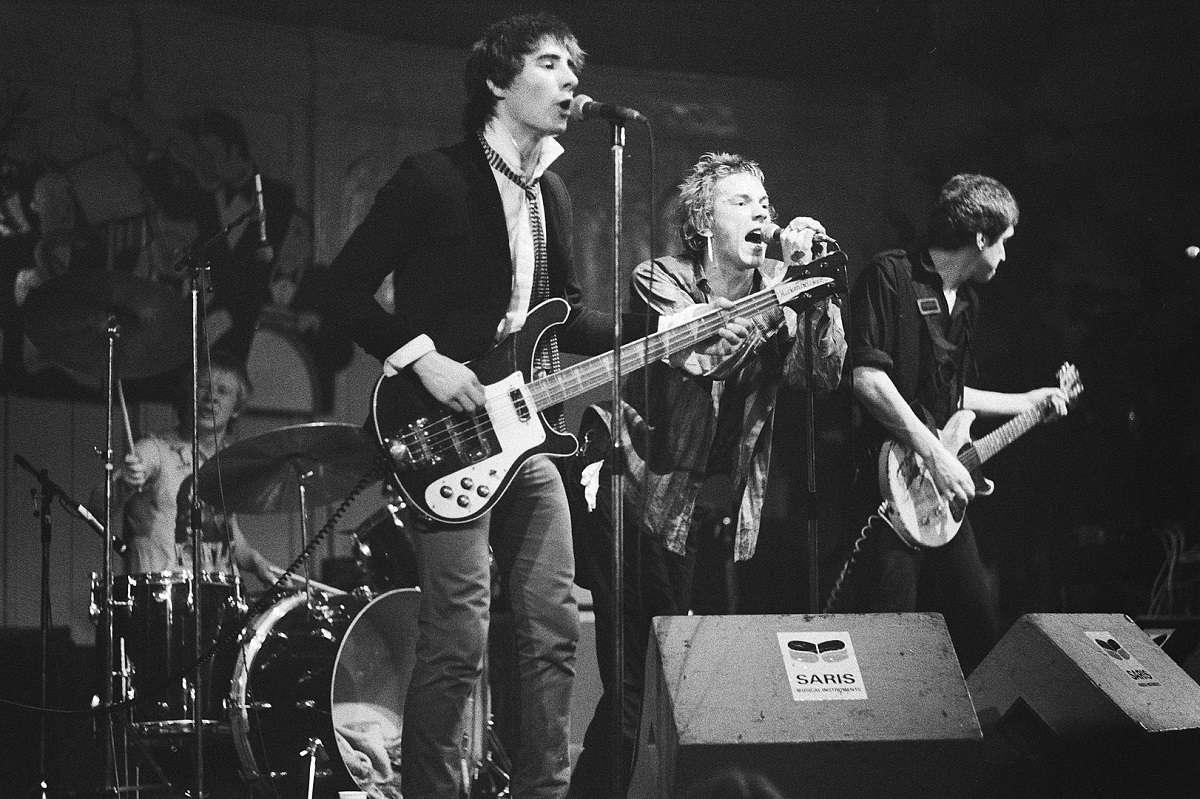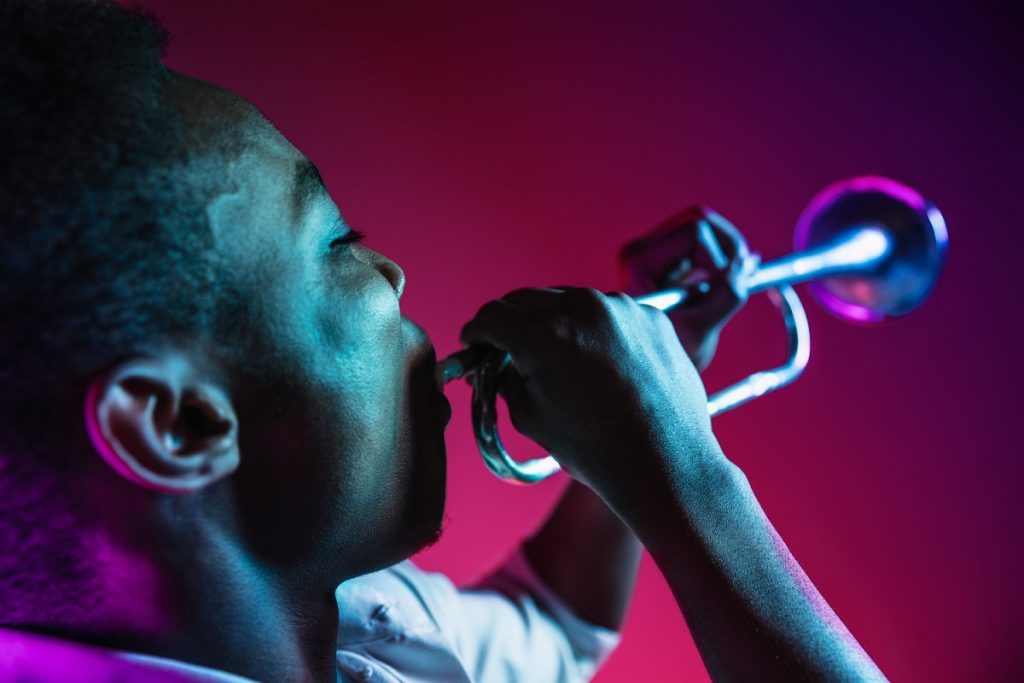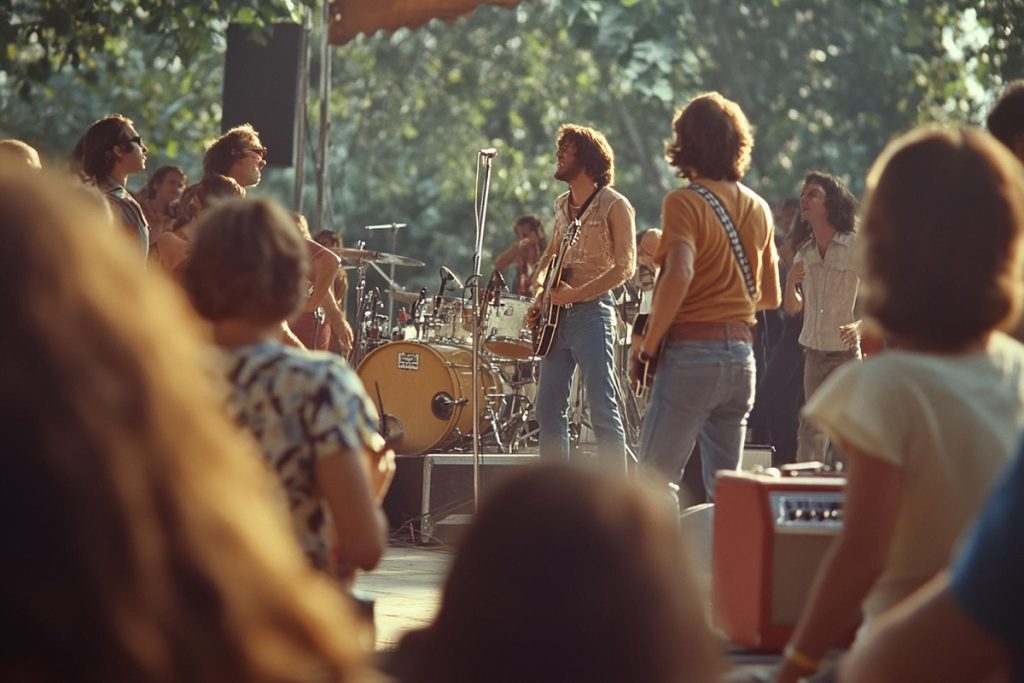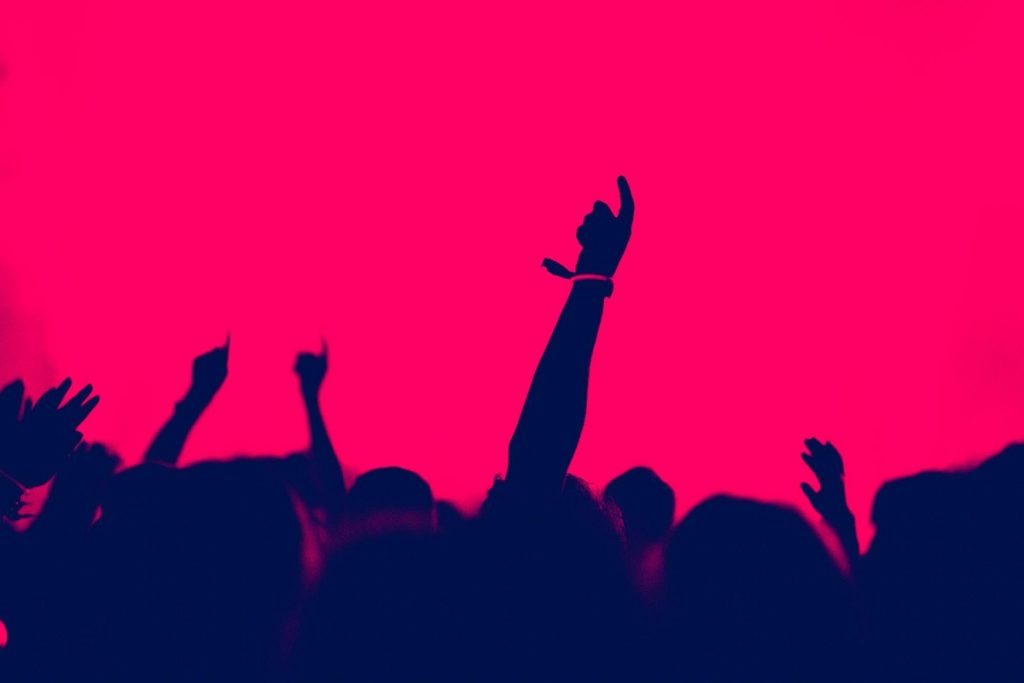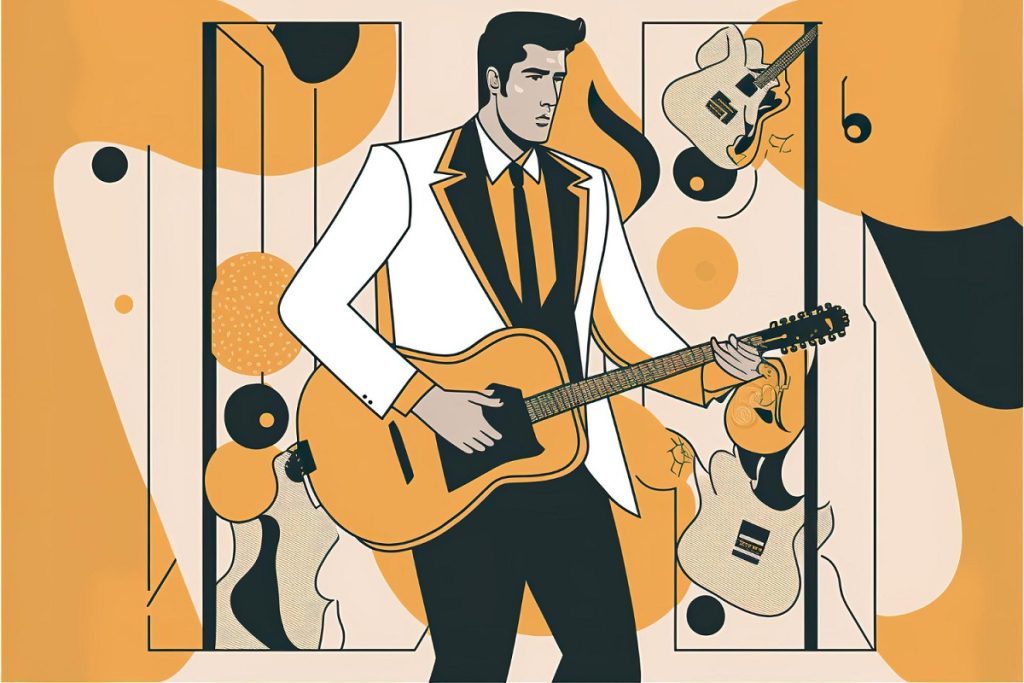The turbulent socio-political landscapes of the 1970s served as the perfect backdrop for the emergence of punk rock—a genre that would soon become synonymous with rebellion against authority.
Characterized by its raw sound and straightforward lyrics, punk rock became more than just music; it was a resounding voice for disillusioned youth.
This article explores the key albums, artists, and movements that shaped punk rock and details its enduring impact on challenging societal norms.
The pioneers of Punk: albums and artists that fueled the fire
At the heart of punk rock’s rise were seminal bands whose music and attitudes laid the foundation for a cultural revolution.
The Ramones, The Clash, and Sex Pistols were among the frontrunners who challenged the mainstream with their explosive energy and unapologetic lyrics.
Ramones – “Ramones” (1976)
The Ramones’ debut album was a masterpiece of brevity, with 14 tracks in just 29 minutes, sparking the punk ethos of simplicity and speed.
Tunes like “Blitzkrieg Bop” and “Beat on the Brat” reject complicated solos for basic chords and raw vocals—a bold counter to rock’s complexities.
The Clash – “London Calling” (1979)
“London Calling” utilized punk’s fiery core to confront a range of issues, from unemployment to drug use.
This album is an exemplar of how punk evolved into a medium for addressing broader societal grievances, solidifying The Clash’s role in punk’s global reach.
Sex Pistols – “Never Mind the Bollocks, Here’s the Sex Pistols” (1977)
Perhaps no album stirred more controversy—or perfectly encapsulated punk’s ethos—than the Sex Pistols’ debut.
Songs like “God Save the Queen” brazenly mocked the British monarchy, embodying punk’s confrontational spirit against perceived cultural and political injustices.
The art of disruption
Beyond recordings, punk’s influence was massively amplified by its live performances.
Bands like The Dead Kennedys and Black Flag were notorious for their energetic and often chaotic shows, transforming performance into a form of direct action.
CBGB: the iconic venue
New York’s CBGB club deserves special mention as the birthplace where many punk bands first strutted their angst-filled anthems. It wasn’t just a venue but a breeding ground for ideas of rebellion, helping to cement punk’s place in music history.
Cultural impact
Punk rock’s embrace of DIY ethics encouraged fans and artists alike to create their own music, zines, and art, democratizing the production of culture.
It was punk’s accessible nature that empowered a wave of self-expression, independent of mainstream media.
In one famous incident, the Sex Pistols swore on live television, a moment that is often cited as the time punk truly announced itself to the broader public.
This act of defiance not only shocked audiences but also ignited widespread debate about censorship and propriety in the entertainment industry.
The legacy of punk rock continues to influence modern music genres and cultural movements focused on anti-establishment sentiments. Bands like Green Day and Blink-182, and broader movements like the anti-globalization protests, trace their roots to punk’s powerful message of defiance.
As we continue to navigate a world of complex social and political challenges, the echoes of punk’s rebellious riff resonate, reminding us of the power of voice against authority.
In essence, punk rock wasn’t just a genre; it was a loud, relentless shout into the face of power, and its echoes will not be silenced—reflecting punk’s enduring promise to challenge the status quo, one snarling track at a time.

